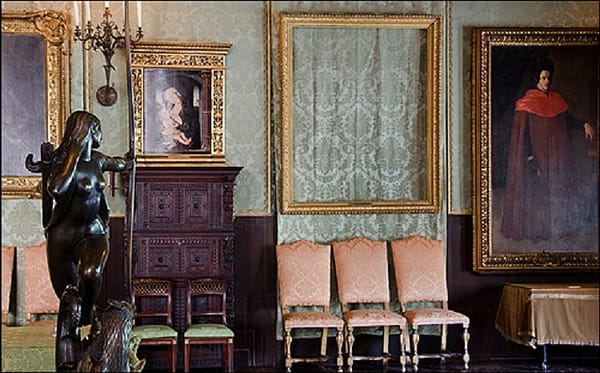The immortality of Don Quixote

Four hundred years ago, on April 23, 1616, Miguel de Cervantes died in Madrid. A former soldier who had fought bravely and been wounded at the battle of Lepanto, a captive for five years in Algiers, an impoverished tax collector who had troubles with his accounts and twice wound up in jail, a failed playwright, he had the satisfaction of having published, in 1605 and a second part in 1615, Don Quixote de la Mancha, a book that he knew ranked among the great works of literature in the Western tradition. He could not know that on the same date, but not quite the same day because England and Spain followed different calendars, William Shakespeare was dying in Stratford-upon-Avon.
He had written and produced a number of unsurpassable plays with unforgettable characters who toiled in the midst of the supreme trials of human life, expressing them in the highest kind of poetic language English would ever know. It was quite a historical coincidence, even if slightly off.

